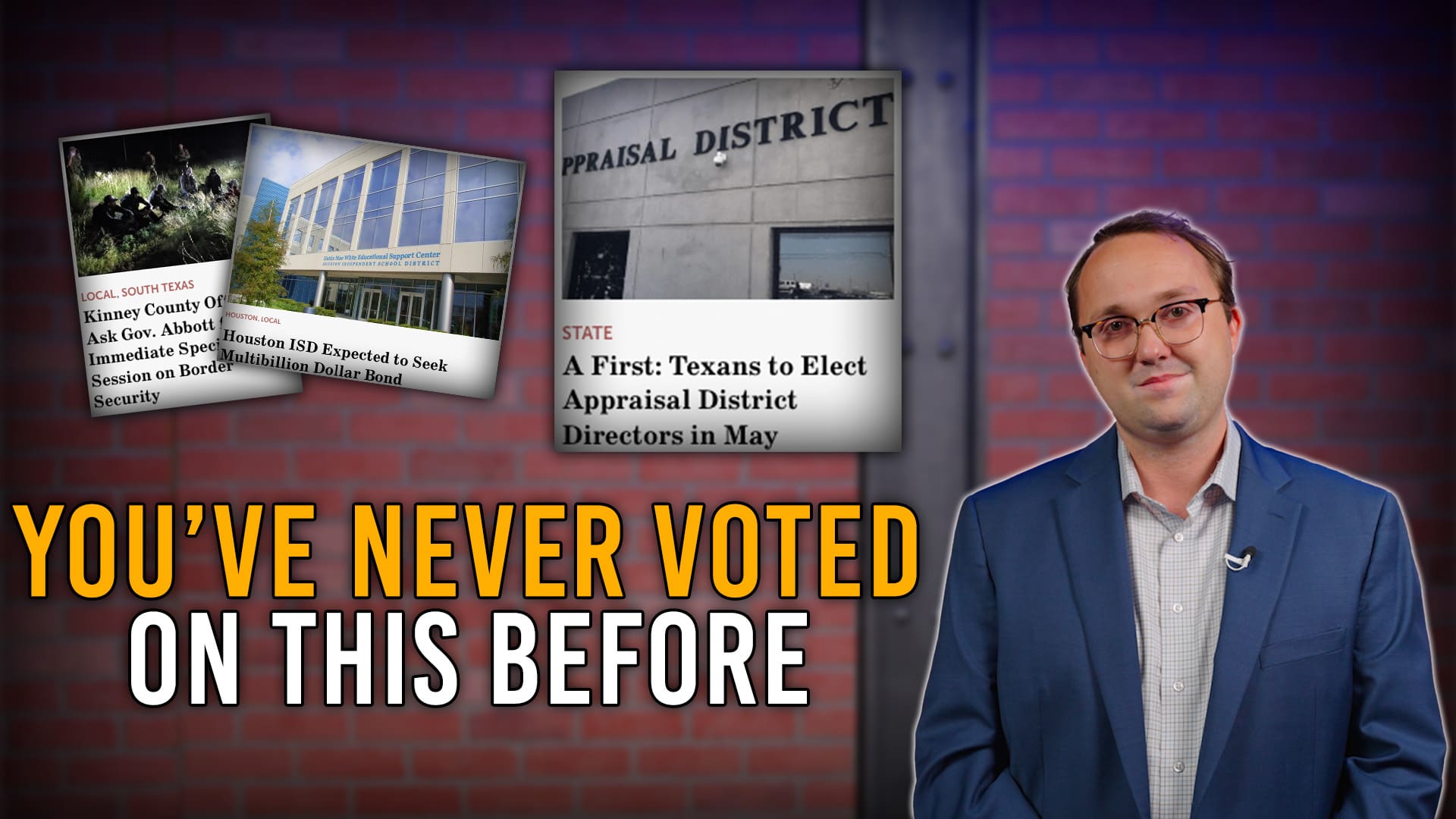Legislators working to reduce spending have strong re-election support from voters in both parties, while tax-hikers are strongly opposed. The results underscore November’s election, in which voters demanded fiscal responsibility.
“While some pundits are trying feverishly to ignore the message sent by voters, the fact of the matter is citizens are demanding that legislators act prudently,” said Michael Quinn Sullivan, president of Texans for Fiscal Responsibility. “More important, voters will be watching lawmakers closely with an eye toward 2012.”
Baselice & Associates, Inc. was commissioned by Texans for Fiscal Responsibility to study the attitudes and opinions of Texas voters on various fiscal issues. (Download the poll tables.)
“Across the board, Texas voters are far more likely to support budget cutters, while being equally unexcited by tax raisers,” said Michael Quinn Sullivan, president of Texans for Fiscal Responsibility. “This held true for Republicans and Democrats, women and men, across all income ranges, ethnicities and geographic regions.”
According to the poll, 76 percent of voters are “more likely” to vote for a legislator who cuts spending – that includes 89 percent of Republican voters, 63 percent of Democratic voters and 74 percent of independents.
On the other hand, 74 percent of Texas voters reported being “less likely” to vote for a candidate who raises taxes. That’s a view held by 85 percent of Republicans, 63 percent of Democrats and 71 percent of independents.
Earlier this week, Texans for Fiscal Responsibility noted that 74 percent of Texans say keeping taxes and spending low is the best way to protect job growth in the Lone Star State.
“A clear majority of Texans from every ethnicity, age-range and income-level are expecting the state’s budget to be balanced through cuts, and not tax hikes,” added Sullivan. “Texas lawmakers need to make due with the funds available, not reach deeper into the people’s pockets. For legislators taking the expedient route and looking for more revenues, it will both harm the economy and put them in direct opposition to the wishes of their constituents.”
The poll was conducted Jan. 18-20, 2011, and has a 4.4% plus/minus margin of error.



